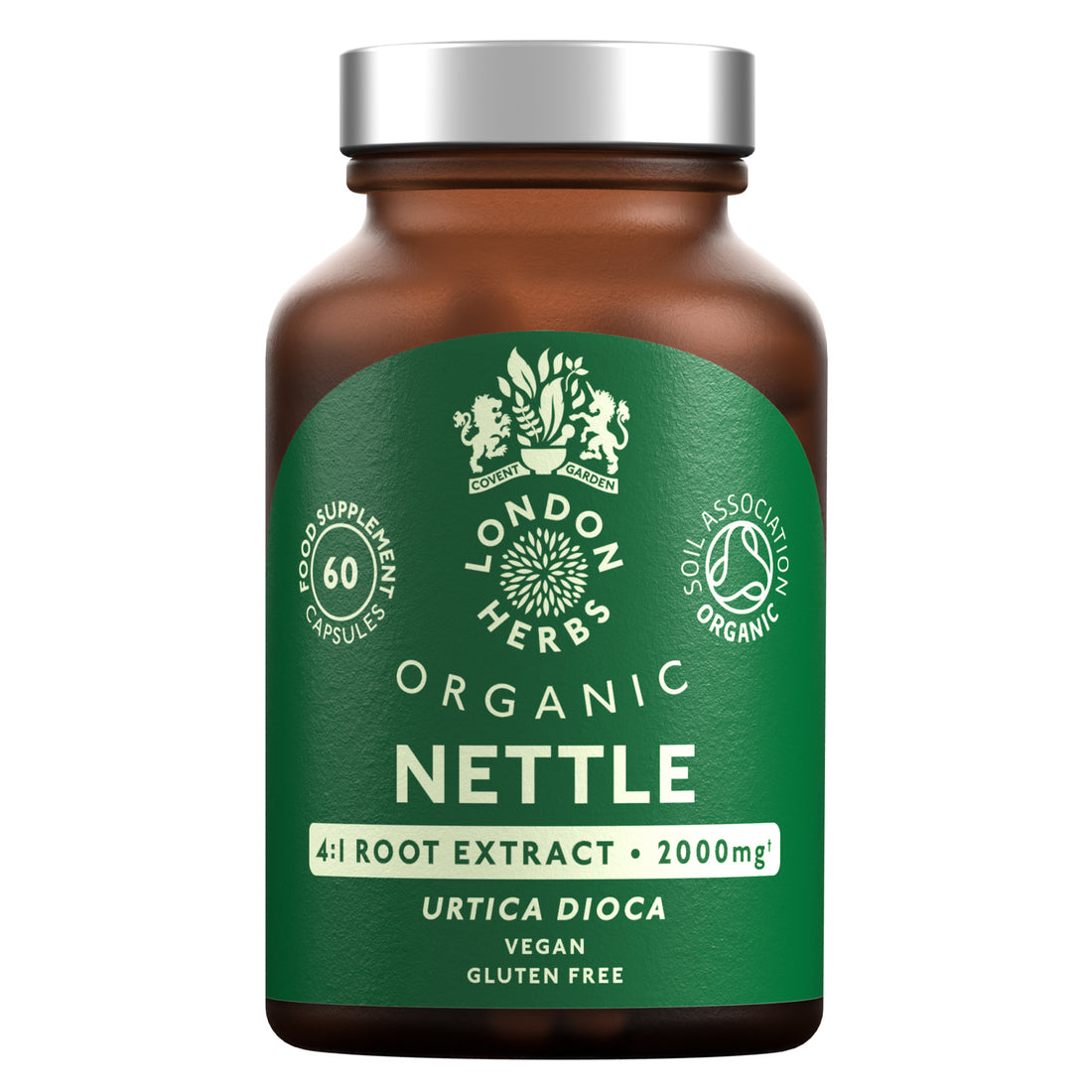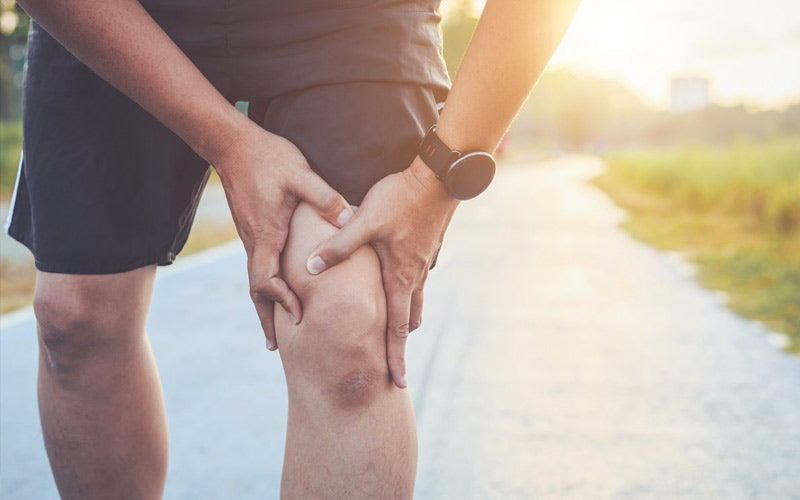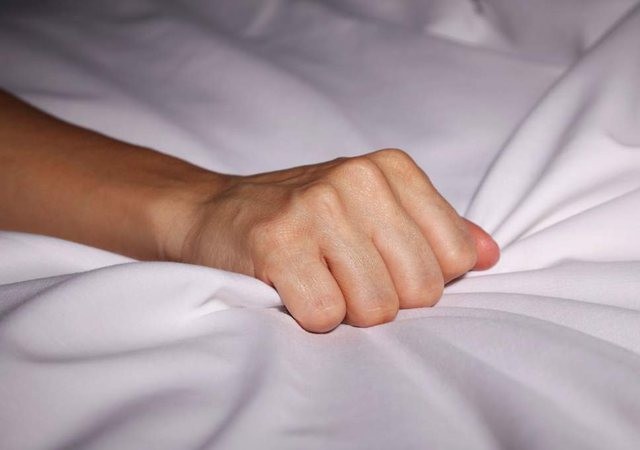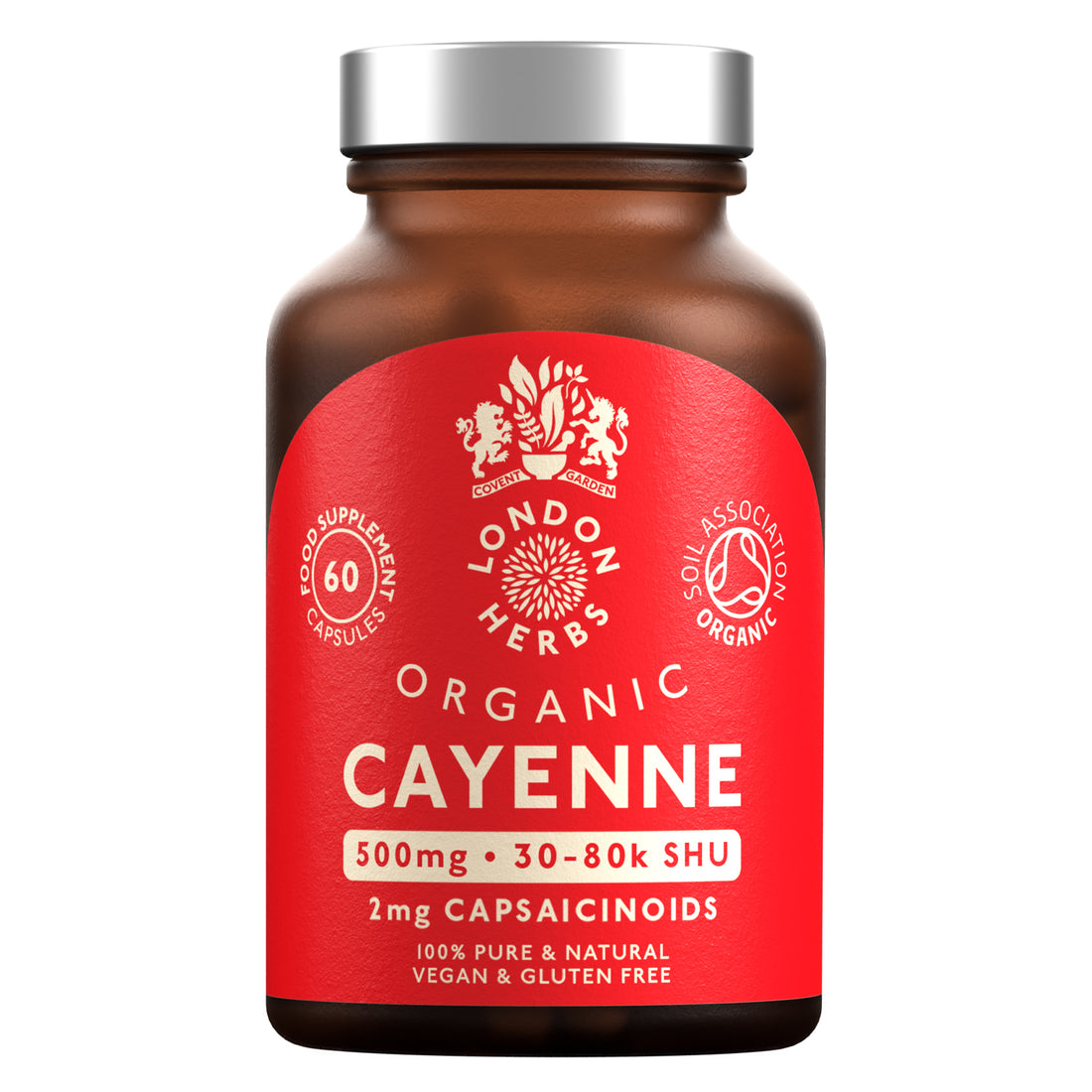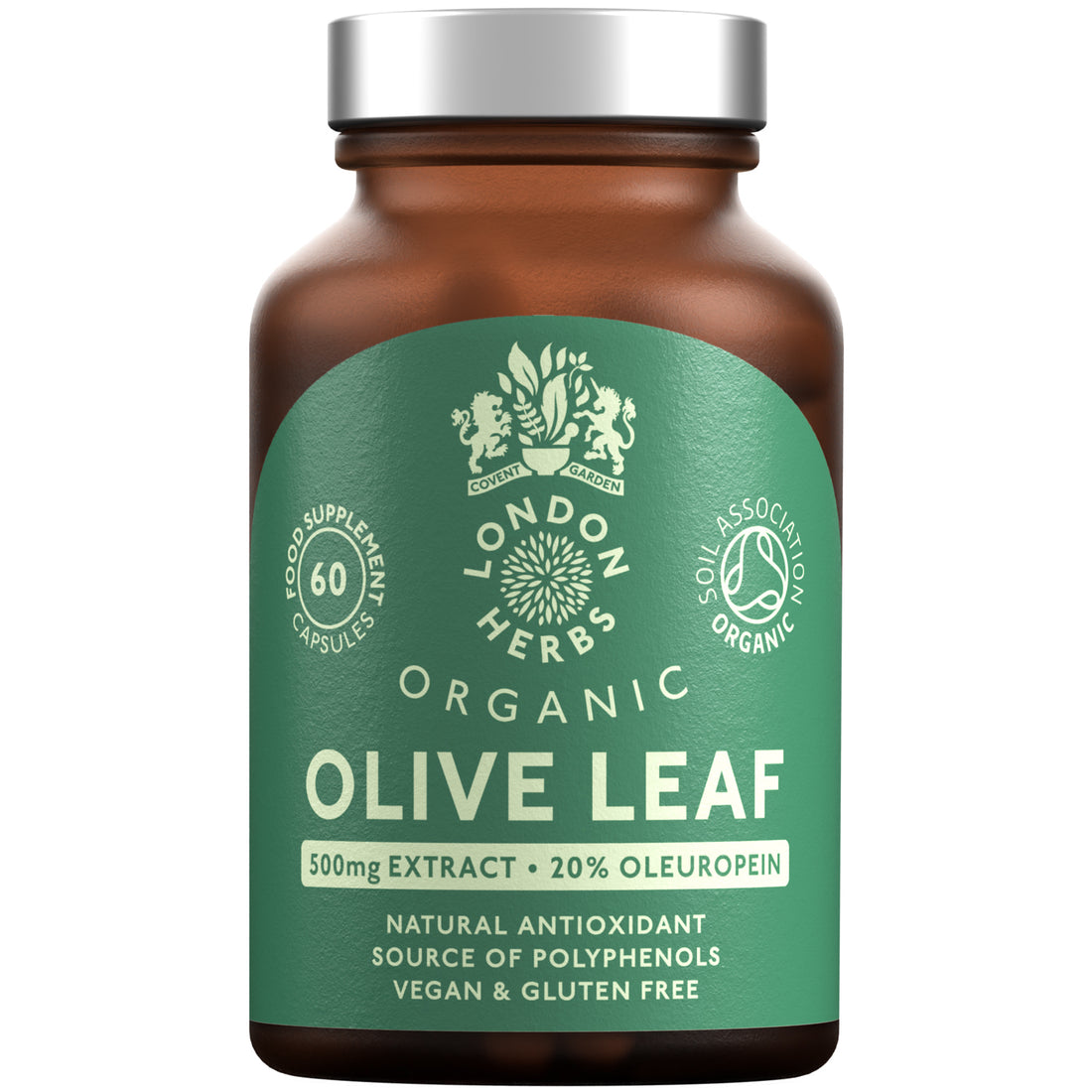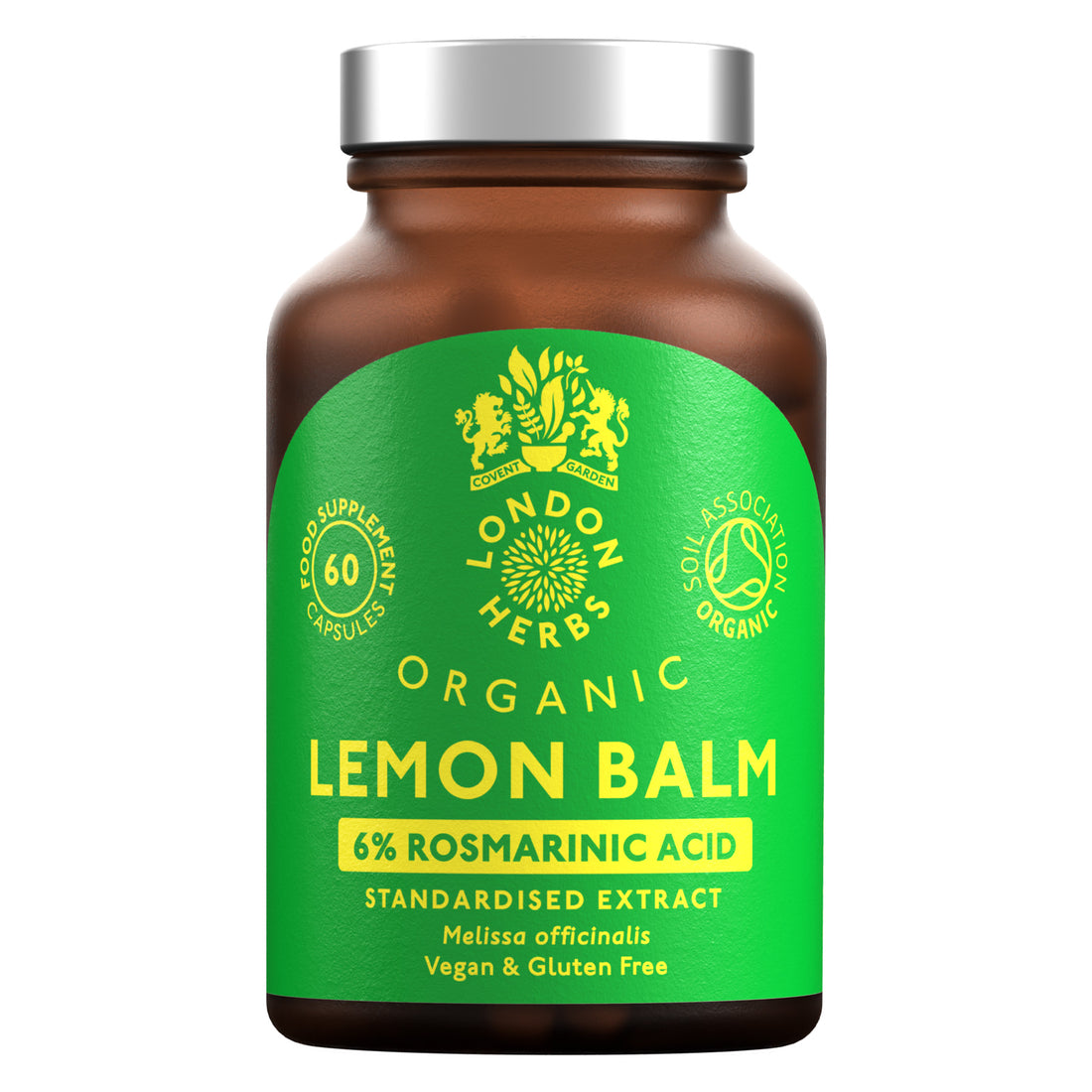Bioactive Compounds in Stinging Nettle Root
Stinging nettle root contains key bioactive compounds that provide the herb with its immune-boosting properties. These compounds include beta-sitosterol, lectin, and polysaccharides.
- Beta-sitosterol is a plant sterol that has been shown to modulate the immune response by increasing the production of T-cells and natural killer cells^1.
- Lectin is a protein that has been found to stimulate the immune system by activating the complement system, a group of proteins that help to clear pathogens from the body^2.
- Polysaccharides are complex sugars that have been found to have immunomodulatory effects, stimulating the immune system by activating macrophages and increasing cytokine production^3.
Immune System Support
Stinging nettle root has been found to have several beneficial effects on the immune system.
- Natural Killer Cells: Natural killer cells are a type of white blood cell that play an important role in the body's defense against viruses and cancer. A study published in the Journal of Ethnopharmacology found that an extract of stinging nettle root increased the activity of natural killer cells in human blood samples^4.
- Cytokines: Cytokines are proteins that play important roles in the immune response. A study published in the journal Planta Medica found that stinging nettle root extract increased the production of interleukin-1 and interleukin-6, two cytokines that play important roles in the immune response^5. The study also found that stinging nettle root extract had an inhibitory effect on the production of prostaglandin E2, a substance that can suppress the immune system.
- Polysaccharides: In addition, polysaccharides found in stinging nettle root can stimulate the immune system by activating macrophages and increasing cytokine production^6.
Anti-inflammatory Properties
Stinging nettle root has also been found to have anti-inflammatory properties, which can support the immune system by reducing inflammation and oxidative stress.
- Inflammation and Oxidative Stress: A study published in the Journal of Herbal Medicine found that stinging nettle root extract reduced the levels of pro-inflammatory cytokines in mice with induced inflammation^7.
- Reduction of Pro-inflammatory Cytokines: Stinging nettle root has been shown to have a positive effect on the levels of pro-inflammatory cytokines, with research suggesting that it can reduce inflammation in the body and support the immune system.
In Conclusion
Packed with bioactive compounds full of immune-boosting properties nettle root is a fantastic natural way to support your immune system Research has shown promising results across an array of different mechanisms. While more research is needed to fully understand them all it is clear that this herb may be a valuable addition to a healthy diet and lifestyle. As always, it is essential to consult a healthcare professional before adding any new supplement or herb to your routine.
Sources
- Chrubasik JE, Roufogalis BD, Wagner H, Chrubasik S. A comprehensive review on the stinging nettle effect and efficacy profiles, part II: urticae radix. Phytomedicine. 2007;14(7-8):568-579. doi:10.1016/j.phymed.2007.03.014
- Mittler R, Lee SY, Gross D, et al. Bacterial pathogens activate complement by binding to a phylogenetically ancient recognition molecule. Nature. 1996;383(6597):384-388. doi:10.1038/383384a0
- Roschek B Jr, Fink RC, McMichael M, Alberte RS. Nettle extract (Urtica dioica) affects key receptors and enzymes associated with allergic rhinitis. Phytother Res. 2009;23(7):920-926. doi:10.1002/ptr.2763
- Šarić-Kundalić B, Dobeš C, Klatte-Asselmeyer V, Saukel J. Ethnobotanical study on medicinal use of wild and cultivated plants in middle, south and west Bosnia and Herzegovina. J Ethnopharmacol. 2010;131(1):33-55. doi:10.1016/j.jep.2010.05.061
- Mittman P. Randomized, double-blind study of freeze-dried Urtica dioica in the treatment of allergic rhinitis. Planta Med. 1990;56(01):44-47. doi:10.1055/s-2006-960881
- Łuczaj W, Skrzydlewska E. Antioxidative properties of polyphenolic fractions isolated from the aerial parts of Urtica dioica L. Plant Foods Hum Nutr. 2004;59(1):45-51. doi:10.1007/s11130-004-0013-5
- Jeong GS, Li B, Lee DS, et al. Anti-inflammatory effects of chloroform fraction of Urtica dioica L. (Urticaceae) on arthritic rats. Am J Chin Med. 2014;42(4):981-996. doi:10.1142/S0192415X14500660



